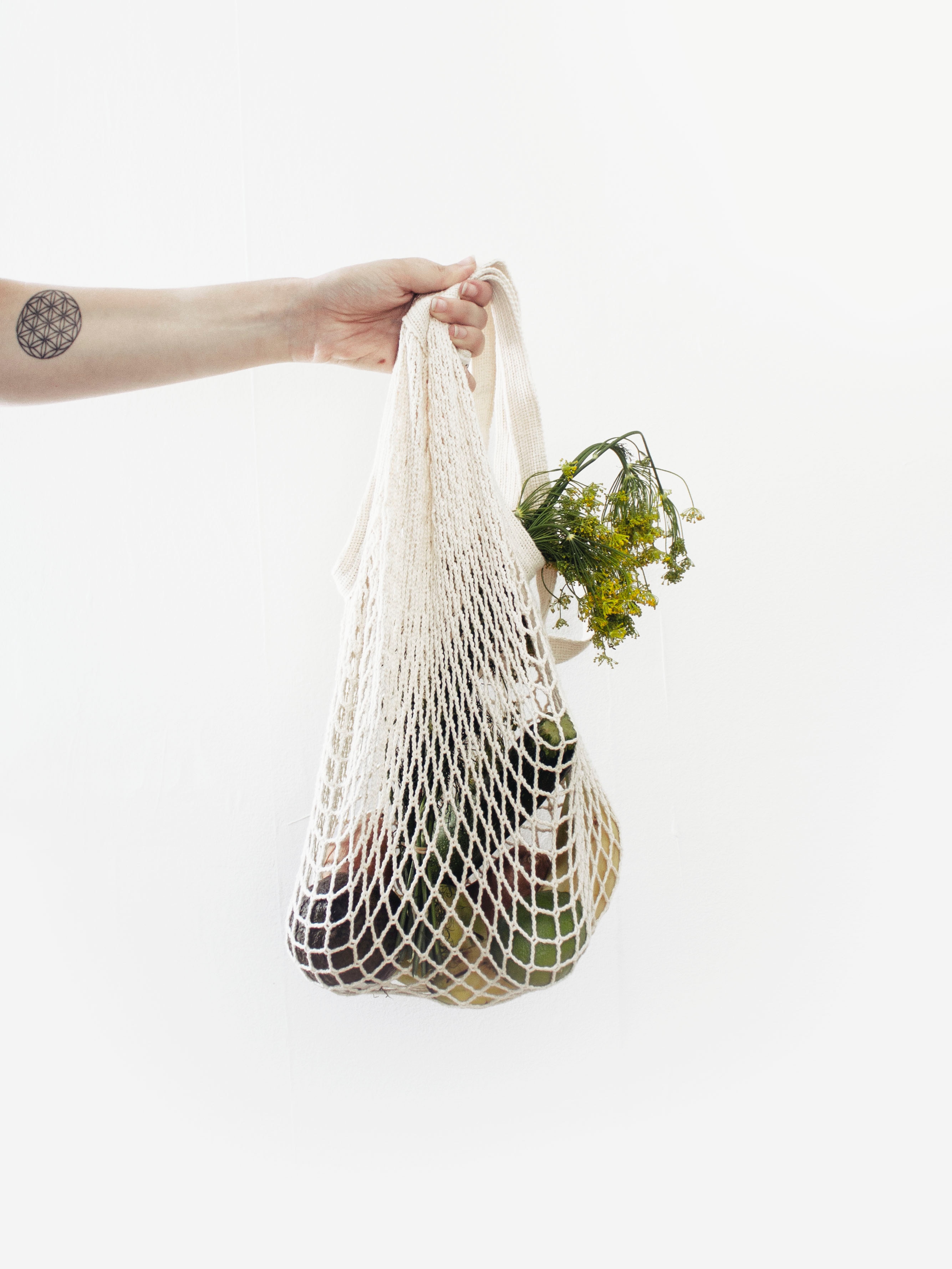Mundus students conduct research into how people discuss sustainable food choices on social media
Hamburg Mundusians conducted research on online sustainable communication about food practices in US, UK, Canada and South Africa during a research based course in the winter semester. Here's what they found out in their research.

What role do sustainability arguments play in how people justify food choices? Mundus Journalism students of the course ‘Food practices and Sustainable Communication Analyzing social media discussion- A qualitative comparative content analysis’ tackled this question with their teacher Dr. Imke Hoppe in the winter semester 18/19 and produced a semester long research project at the end of the course.
This research based course is closely linked with the ongoing multidisciplinary research project at the Hamburg University, Sustainable Food Choices as Political and Lifestyle, in which researchers representing six disciplines are investigating how changes in the discourses, norms and attitudes about food relate to the patterns of food consumption within the framework of each discipline.
Elaborating on the aims of the project, Dr Radhika Mital who is a Mundus Journalism Alumna (2006-2008 cohort) and the lead coordinator on the project said that the research aims to look at how society engages with food as a sustainable choice from different perspectives in the fields of communication studies, linguistics, social geography, sociology and economics. Radhika was in India when she was approached by the Hamburg University to coordinate and administer the project which is in the last phase of its pilot stage.
“The focus of the project on sustainability is what interest me” says Radhika who is also a researcher in the project with the team which is analysing how newspapers in Germany, India and USA frame food choices.
Connecting Sustainability Research to Mundus Journalism
Continuing with its commitment to connect research with teaching, Mundus Journalism in Hamburg introduced a semester long course which took after the project “Sustainable Food Choices as Political and Lifestyle”. Dr. Imke Hoppe, who is one of the researchers on the project taught this course to the Mundus Journalism students.
“The basic idea of introducing this course in the program was that with the help of the Mundus Journalism students, we can understand perspectives about sustainable communication internationally.”
For six months, 12 Mundus Journalism students on this course explored the ways in which the everyday practices of cultivating, manufacturing, packaging, commodifying and consuming food are contextualised in South Africa, UK, USA and Canada.
Using the methodology of qualitative content analysis, students analysed discussions about food that took place on the Facebook pages of the selected alternate and mainstream food markets in their case country. The aim of this research project was to investigate what role sustainability arguments play in how people justify their choices in food and their perspectives on the choices of others online. The course concluded on the poster presentations of students research findings in February.
Here is an overview of what Mundus Journalism students found out in their research.
Project 1
Case Country: UK
Findings
Students analysed comments made on the Facebook page of TESCO in October 2018. Results showed that plastic waste is a huge concern of the public in the UK. Shoppers are well aware of the dangers of plastic waste and its effect on the environment and they actively engage in constructive discussions on the topic and provide potential solutions to not only each other but to the retailer Tesco.
Project 2
Case Country: South Africa
Findings
Students analysed comments made on the Facebook pages of the retailer The Shoprite Group of Companies and Oranjezicht City Farm in October 2018. Results showed that on the retail market’s Facebook page, the majority of the customer discussions are not directly related to sustainability. Instead, discussions on convenience, price, health and principal/entitlement drive food choices for customers. By contrast, in the discussions on the Farm market customers, sustainable cultivation practices and general ecological orientation are the predominant themes and discussions center around the effect of food production choices on the ecosystem.
Project 3
Case Country: USA
Findings
Students analysed comments made on the Facebook pages of the supermarket The Kroger Co. and the local market Pikes Place Market in October 2018. Results showed that customers do not discuss topics of sustainability very often and discussions on convenience, price, health and principal/entitlement drive food choices for customers.
Project 4
Case Country: Canada
Findings
Students analysed comments made on the Facebook pages of the supermarket The Loblaws and the local market Be Fresh in October 2018. Results showed that sustainability is not highly discussed in Ccanadian retail stores Facebook page as it is not part of the narratives of daily living in social media.